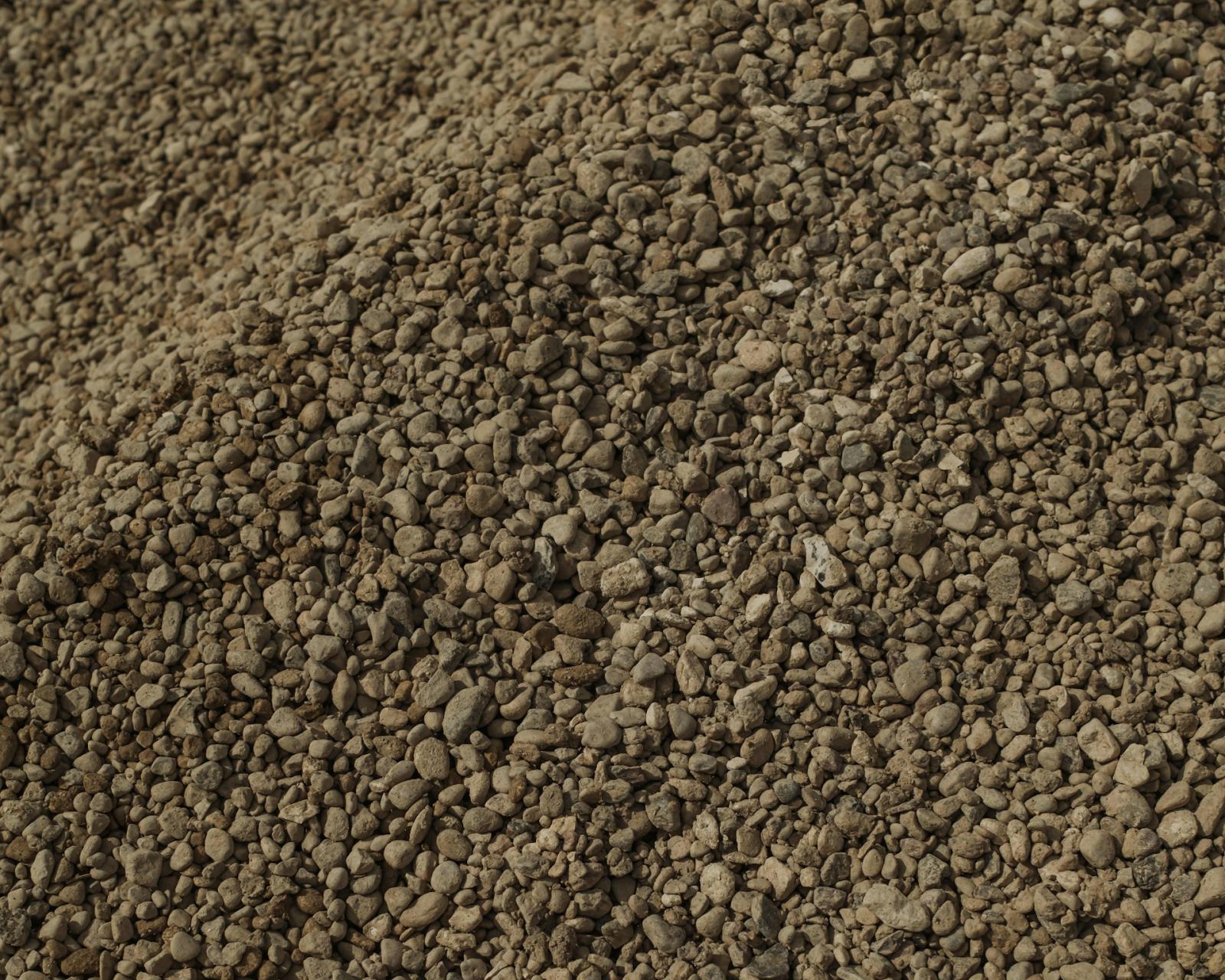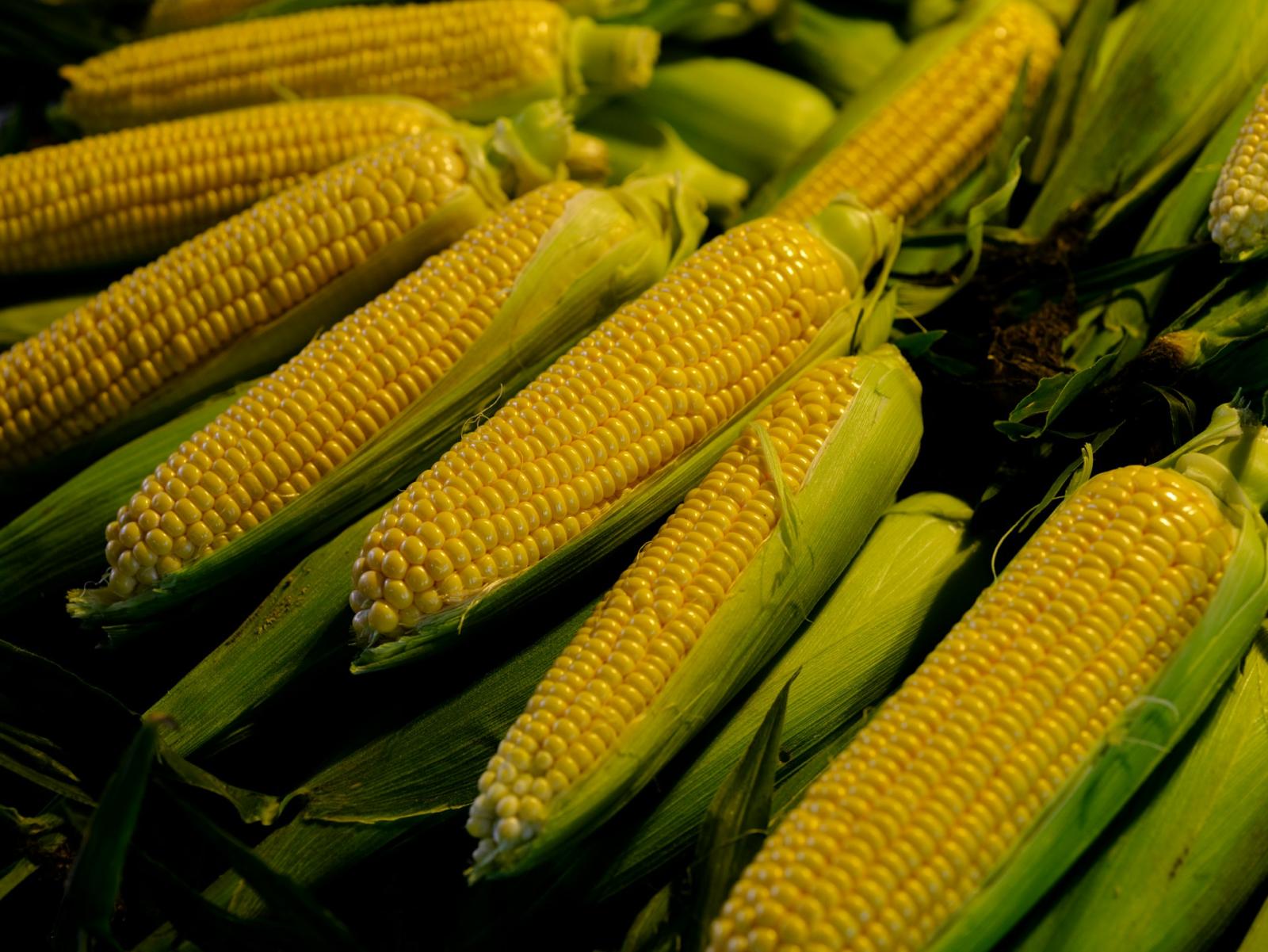Phosphate
OVER 20% PHOSPHATE + ESSENTIAL MINERALS
Kap-Phos acts as a soil amendment and a fertilizer to provide essential phosphorus (P) and trace minerals to plants, while also enhancing soil fertility to better utilize important nutrients that are already present in the soil.

CROPS NEED PHOSPHORUS ALL SEASON LONG
- Soil Health & Seed Germination
- Root Development & Nutrient Uptake
- Energy Transfer, Photosynthesis, & Cellular Respiration
- Promote Flowering, Growth, Quality & Yield
- Stress & Disease Resistance
Calcium
CALCIUM RICH SOILS ARE FERTILE & PRODUCTIVE
Kap-Phos sets the soil by adding calcium to buffer the soil pH, neutralize heavy metals and acidic compounds and promote aeration, creating a microbial rich environment. This is essential for increasing phosphorus release from Kap-Phos while also rendering other soil nutrients more available and accessible to the crop.

CALCIUM STRENGTHENS & PROTECTS
- Forms Calcium Pectate to provide support and stability
- Contributes to cell division and elongation for growth
- Messenger in cellular signaling to respond to environmental stress
- Helps with uptake and mobility of nutrients to ensure balanced nutrition
- Strengthens cell walls and membranes to increase disease resistance
Iron
SLOW RELEASE IRON FOR GREEN UP & GROWTH
The presence of iron in Kap-Phos enhances chlorophyll production and overall plant health, contributing to a robust and productive growing environment. Especially consider the benefits of Iron for Turf.

Silica
Silica increases plant tolerance to drought, frost and lodging by strengthening plant cells. This also leads to more root growth and an increase in resistance to fungal disease and pest attacks.

Microbes Increase Phos Availability
Mineralization: Microbes decompose organic matter, converting organic P into inorganic P that plants love.
Solubilization: Microbes produce organic acids that dissolve insoluble phosphorus compounds, making them soluble and available.
Phosphatase Production: Microbes produce enzymes that break down organic phosphorus compounds, releasing inorganic P ions.
Mycorrhizae: Mycorrhizal fungi form symbiotic relationships with plant roots, extending their hyphae to access otherwise unavailable phosphorus.
PSMs: These microorganisms actively solubilize phosphorus from insoluble compounds.

